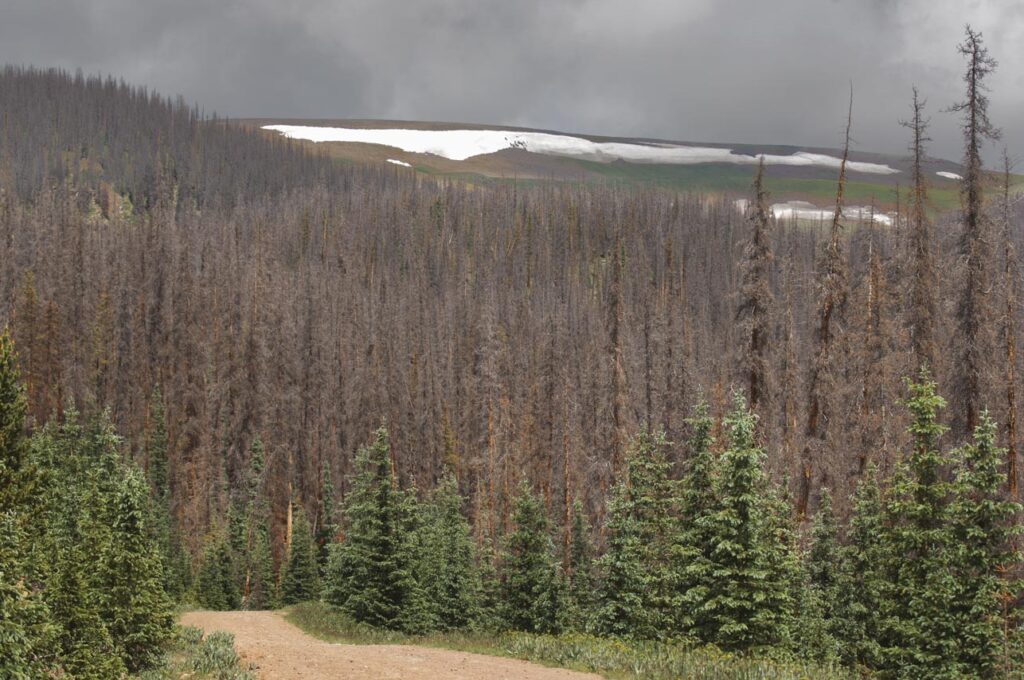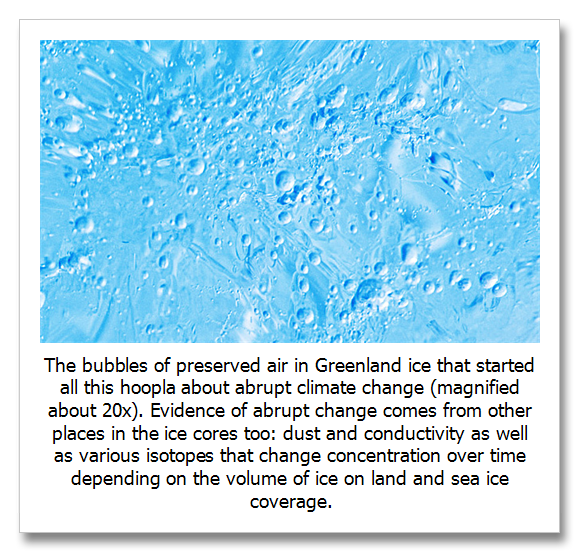
The Devil’s Elbow, Padre Island National Seashore. This is that point where the Texas Coast trends from Northeast to south; the big bend of coastal Texas. “The oceans are rising the beaches decree. Gonna get covered up by the sea. Tide gauges say what we can’t see. The oceans are rising the beaches decree.” Beaches…












